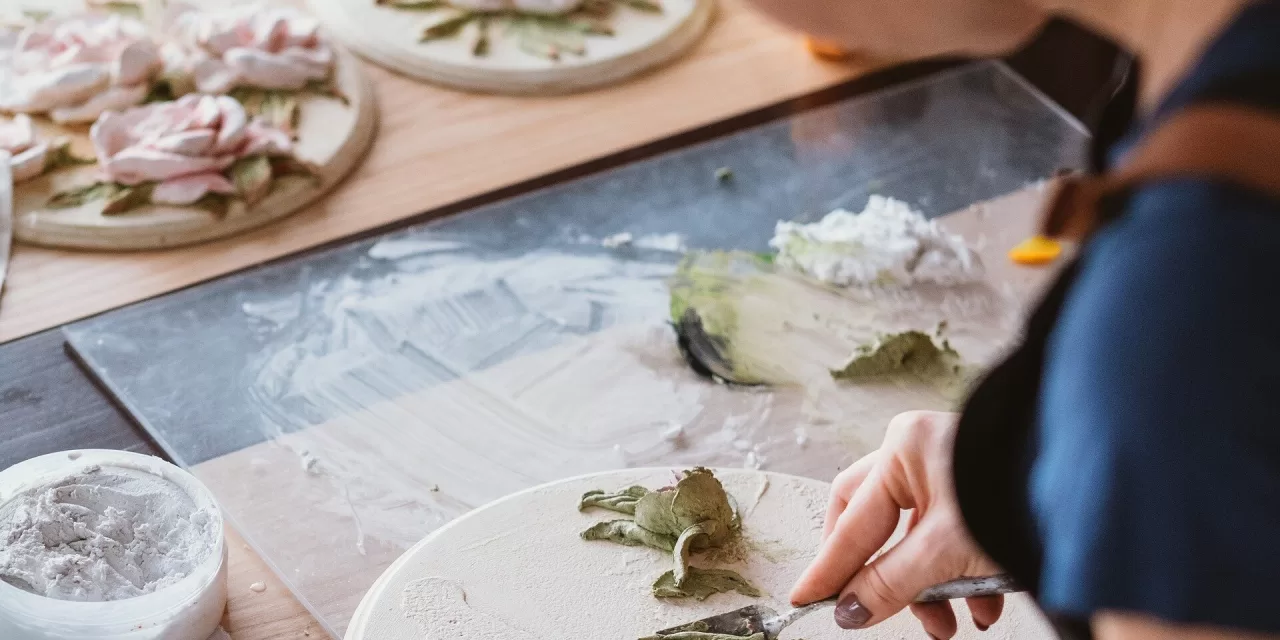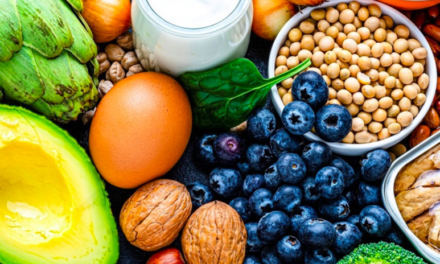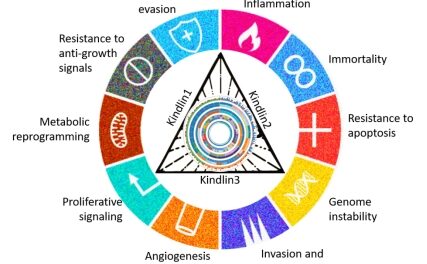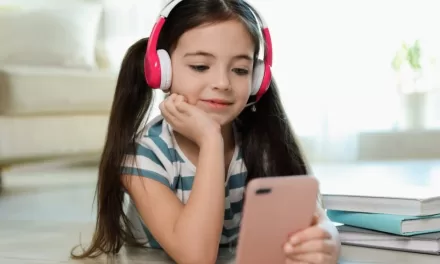A groundbreaking study published in Child Psychiatry and Human Development has revealed that a two-week arts intervention, dubbed “Creativity Camp,” significantly improves mental health and well-being in adolescents battling depression. Led by researchers at the University of Minnesota Medical School, the day camp provides teens with a creative outlet to explore emotions and develop self-discovery skills through artistic expression.
The concept behind Creativity Camp stems from the idea that engaging in creative activities offers a unique way to foster new ways of thinking, gain insights, and build resilience.
“As a clinician, I am deeply aware of the urgent need for new treatment options for teens with depression,” said Dr. Kathryn Cullen, the study’s lead researcher, professor at the University of Minnesota Medical School, and child and adolescent psychiatrist at M Health Fairview. “The findings in this report are promising, and I hope they will encourage more research investigating whether and how arts-based interventions like Creativity Camp can help adolescents with depression to recover and thrive.”
The study’s results highlight the potential of arts-based programs as an innovative alternative or complement to traditional therapies. While Creativity Camp has shown immediate positive effects, the research team continues to analyze brain imaging and cognitive data to better understand the intervention’s impact on neural pathways and cognitive functions.
Future research will aim to replicate these findings with a larger sample size and an active comparison group to solidify the evidence for Creativity Camp’s effectiveness.
The study underscores the growing recognition of creative arts as a valuable tool in mental health treatment, offering hope for adolescents and their families.
For more details, see the full study: Kathryn R. Cullen et al., The Impact of a Creativity Camp Intervention on Depression and Well-Being in Adolescents, Child Psychiatry & Human Development (2024). DOI: 10.1007/s10578-024-01766-3.












